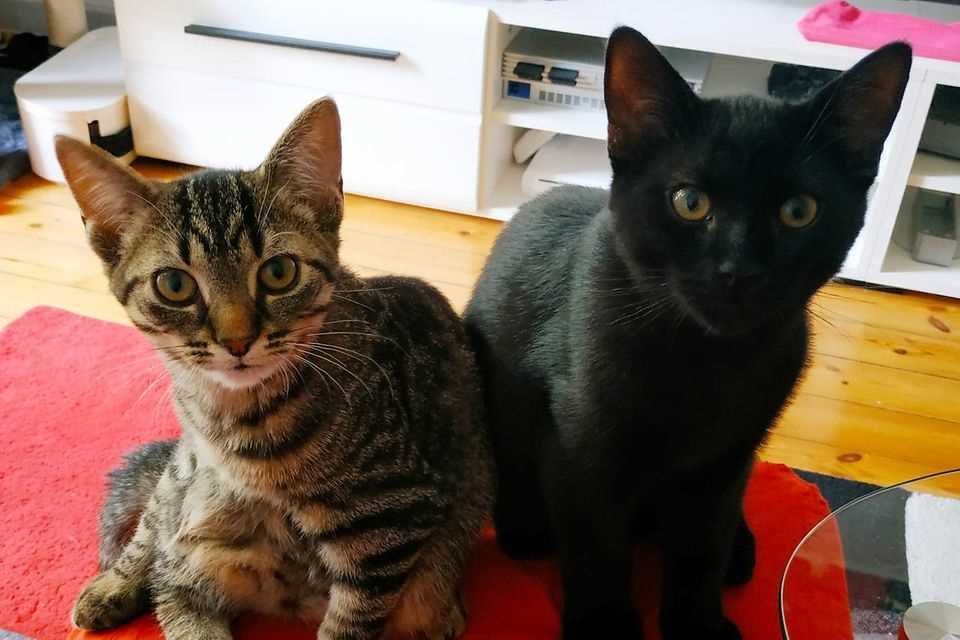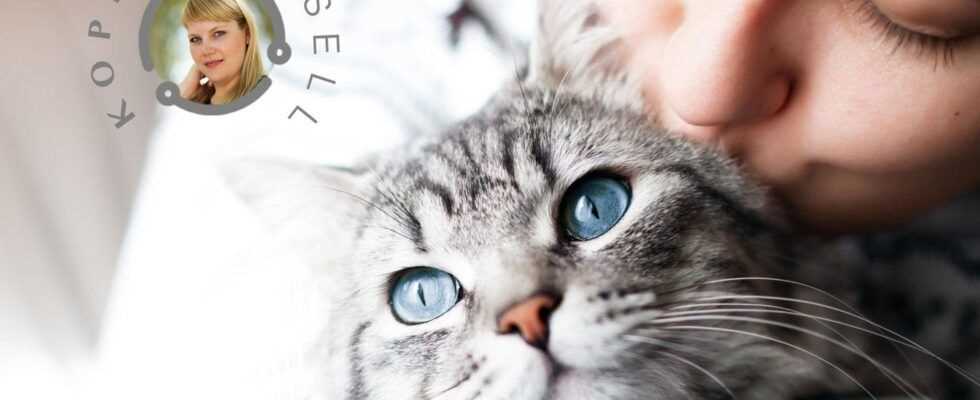BRIGITTE COLUMN HEAD CAROUSEL
Pets as disposable items
© KDdesignphoto / Shutterstock
As soon as the corona-related home office obligation is over, German animal shelters complain that countless animals placed in the past year are being returned. Our author, herself a cat owner, stumbles between anger and grief.
I hate humanity. Well, admittedly not always and not all people either, but quite a few at the moment. Because currently there is Loads of reports of animal shelters reaching the limit of their capacity and imposing admission bans. And that although the homes were practically empty just a few months ago and it has turned out to be really difficult to adopt a dog or a cat, for example.
Animals as a pastime
Sure, the coronavirus has turned our everyday lives completely upside down. Suddenly, even those whose bosses would have insisted on being in the office for 40 hours were able to work from home. And you also had time – one lockdown followed the other, and for a few months you could hardly even go outside. That led to boredom for some and absolute stress for others, who, for example, had to look after their children and at the same time have their jobs under one roof.
The Christmas effect
The idea of getting an animal is obvious: the children are busy and have something to cuddle with, mum and dad finally have their peace and quiet to work and the classic big city single no longer feels so alone. Of course, this is not the case for everyone, but the current situation in the animal shelters suggests something similar. The fact that all the dogs, cats, rabbits and the like are now practically behind bars again is very reminiscent of the classic Christmas effect: Animals are still happily placed under the Christmas tree as gifts and given back to the home in spring, but at the latest in summer.
In my opinion, the reasons are as varied as they are ridiculous: Some notice that they cannot / do not want to take care of that much after all, the animal is no longer small and cute, but big and needs more expensive food or suddenly bothers you when you want to go on vacation. Or currently simply because the statutory home office obligation is now over and you don’t have that much time for a pet after all. After all: many animal shelters and also pet shops no longer sell any animals at Christmas. That might have had to be enforced at the start of the corona pandemic, but admittedly nobody could have guessed how long it would keep us busy.
In general, there is unfortunately a lot to suggest that most people still give too little thought to the fact that an animal is simply not an object that you can simply put in the next best corner if you lose interest in it. And very few really think about what moving back to the home can mean for their four-legged friends: Every change of location triggers enormous stress in the animals, likewise the sudden loss of the reference person. This causes some animals to behave abnormally, making them more difficult to convey again – a vicious circle.
Heart where are you

Ivy and Kite, our author’s cats, took their hearts by storm
© Private
Above all, however, I wonder how you can even bring the heart to simply giving your own pet away again. You build a bond with a living being for which you take responsibility. As a cat mom of two, I know what I’m talking about: For example, it makes me incredibly happy when my cat Ivy comes running up to me as soon as I enter the apartment and that she hunched up against my hand so that I could take it first caress properly. Or how my tomcat kite rolls onto his back next to me on the sofa, purring, so that I can scratch his stomach (with most cats this is a no-go area, by the way!). Although – actually, I had irrevocably lost my heart to the two of them on our very first evening together, when Ivy enthusiastically played with me and the cat fishing rod and kite crawled on my lap to take a nap.
Soul comforters and best friends
Pets are so much more than just flatmates to take care of: they are companions, best friends, and comforters. But an animal doesn’t always fit into your own life, for example if you simply have too small an apartment or too little time. Turning a blind eye to these facts is useless and, in the worst case, ends in a traumatized animal. One can therefore not appeal often enough to common sense (even if I sometimes doubt it): Please think carefully about whether you can / want to get an animal. Plan high veterinary costs (even pure health care can be quite expensive) and any holiday care that may be required. Above all, let your heart speak – if you really love animals, you want the best for them.

